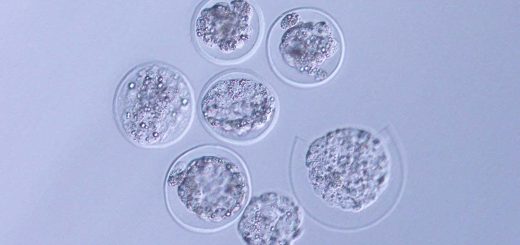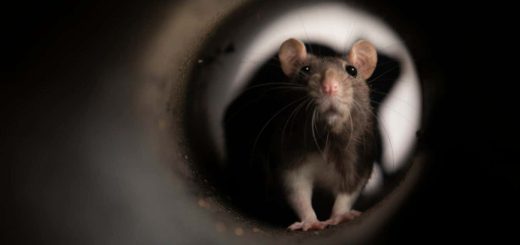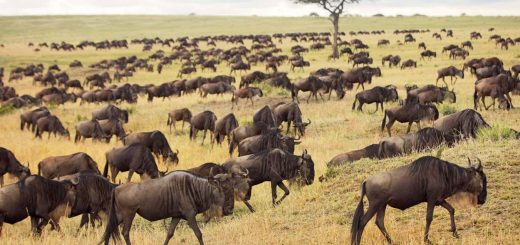The real reason why we lost the ability to make vitamin C
The textbooks say our ancestors lost the ability to make vitamin C because we didn’t need it, but the loss may have protected us from some parasites
By Michael Le Page
12 August 2025
Humans need to get vitamin C from our diet
Kondoros Eva Katalin/Getty Images
According to the textbooks, we lost the ability to make vitamin C because our diet meant that we didn’t need it. But studies in animals suggest losing this ability actually helped our ancestors fight off parasitic infections.
Most animals make vitamin C using an enzyme called GULO. But around 60 or 70 million years ago in our primate ancestors, the gene for GULO mutated and this ability was lost. The same thing has happened in a few other groups of animals, including many bats and some rodents such as guinea pigs.
Read more
Evolution is evolving: 13 ways we must rethink the theory of nature
The conventional explanation is that as long as animals get enough vitamin C in their diet, mutations that break the GULO enzyme aren’t a disadvantage, and so natural selection doesn’t kick in to preserve the enzyme – the change is supposed to be neutral.
Michalis Agathocleous at UT Southwestern Medical Center in Dallas, Texas, started thinking about this back in 2017, after his team discovered vitamin C plays an important role in blood-forming stem cells. If the loss of GULO really is neutral, he wondered, why do so many animals that get a lot of vitamin C in their diet still have a working enzyme?
There does seem to be at least one additional benefit. In animals with a working enzyme, the level of vitamin C in the blood remains constant, whereas the level in human blood varies and can become very low if, say, people have to go without food for a few days.


